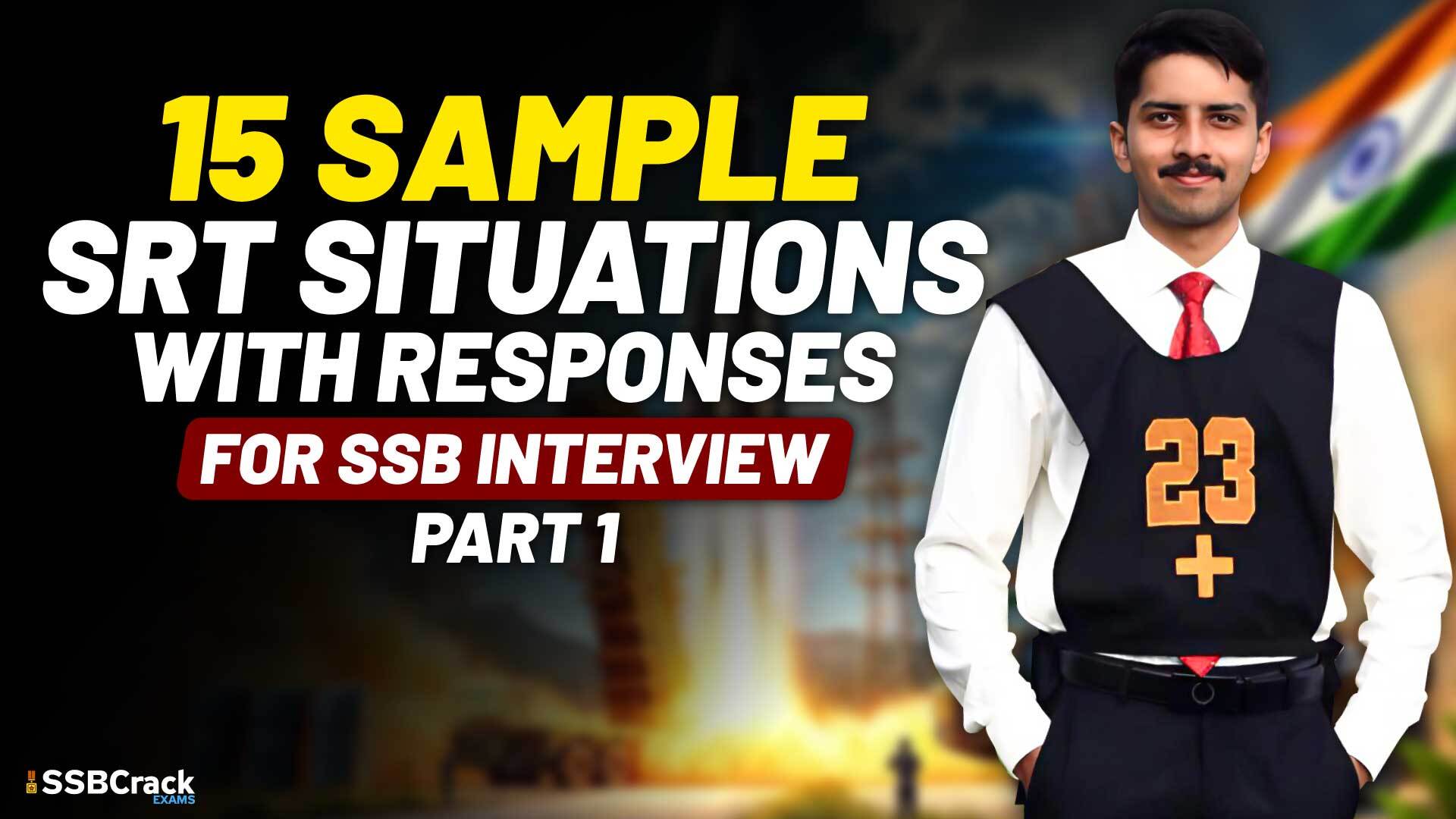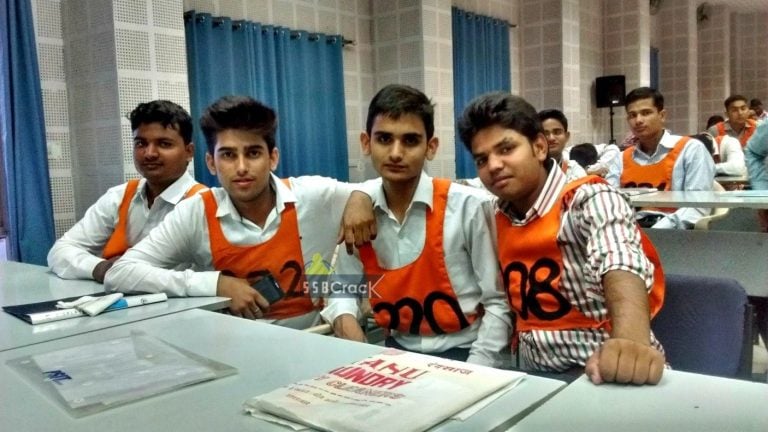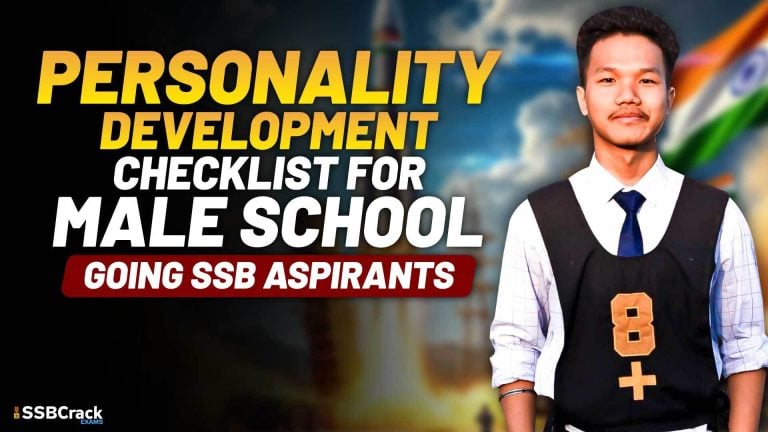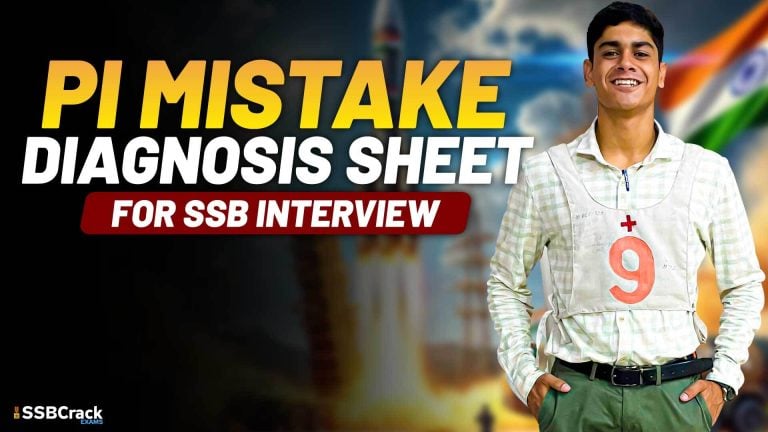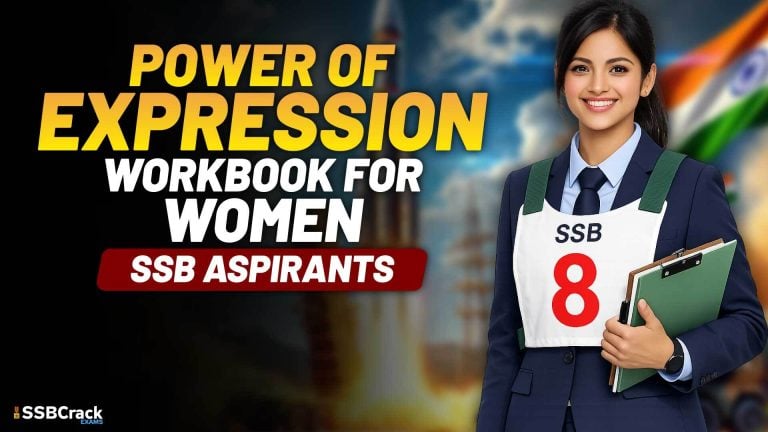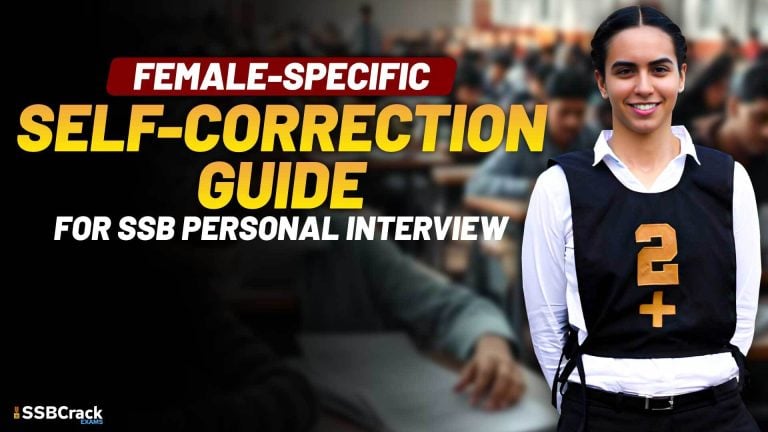SRT stands for Situation Reaction Test, which is a psychological test given during the Service Selection Board (SSB) interview. It’s a test of common sense, maturity, and reasoning ability.
How is SRT conducted
- Candidates are given a booklet with 60 situations
- They have 30 minutes to respond to each situation
- The time limit is short to encourage candidates to respond without thinking too much
- Candidates should answer as a normal person, using punctuation marks and writing quickly
What does SRT measure
- The test measures how candidates would think and act in different situations
- It helps psychologists judge a candidate’s mentality
- It’s a communication bridge between candidates and psychologists
How to prepare for SRT
- Use common sense and practical life experiences
- Practice sample SRTs
- Think about how you would react to different situations in your daily life
15 Sample SRT Situations with responses for SSB Interview
- You are leading a trekking team, and one member sprains his ankle in a remote area. → He assesses the injury, provides first aid, and arranges for the safest way to transport the injured member to medical help.
- During a team project, a conflict arises among members. → He listens to both sides, resolves misunderstandings, and ensures smooth teamwork.
- You are on a bus, and a pickpocket steals someone’s wallet. → He informs the victim, alerts the conductor, and helps in catching the thief.
- Your superior assigns you extra work at the last moment → He prioritizes tasks, manages time efficiently, and completes the work on time.
- Your friend is feeling nervous before an important exam. → He motivates and helps his friend with revision strategies.
- You find a lost child crying at a railway station. → He reassures the child, informs authorities, and ensures the child is reunited with their family.
- You witness a road accident where a person is injured. → He provides first aid, calls an ambulance, and ensures the victim reaches the hospital.
- Your team is losing an important match, and morale is low. → He boosts the team’s confidence, strategizes, and leads by example to make a comeback.
- You see someone littering in a public place. → He politely requests them to dispose of the waste properly and sets an example by doing so himself.
- A new colleague is struggling with work and feeling demotivated. → He mentors and guides the colleague, ensuring a supportive work environment.
- You are in a burning building with people panicking. → He remains calm, guides people to safety, and calls for emergency services.
- You see a suspicious object at a crowded place. → He informs authorities and ensures people stay away from the object.
- A stranger approaches you for help late at night. → He assesses the situation carefully and provides help while ensuring his own safety.
- You are lost in an unfamiliar place without a phone. → He remains calm, asks for directions, and finds his way back.
- Your vehicle breaks down in a remote area at night. → He checks for basic repairs, calls for assistance, and stays in a safe area.
